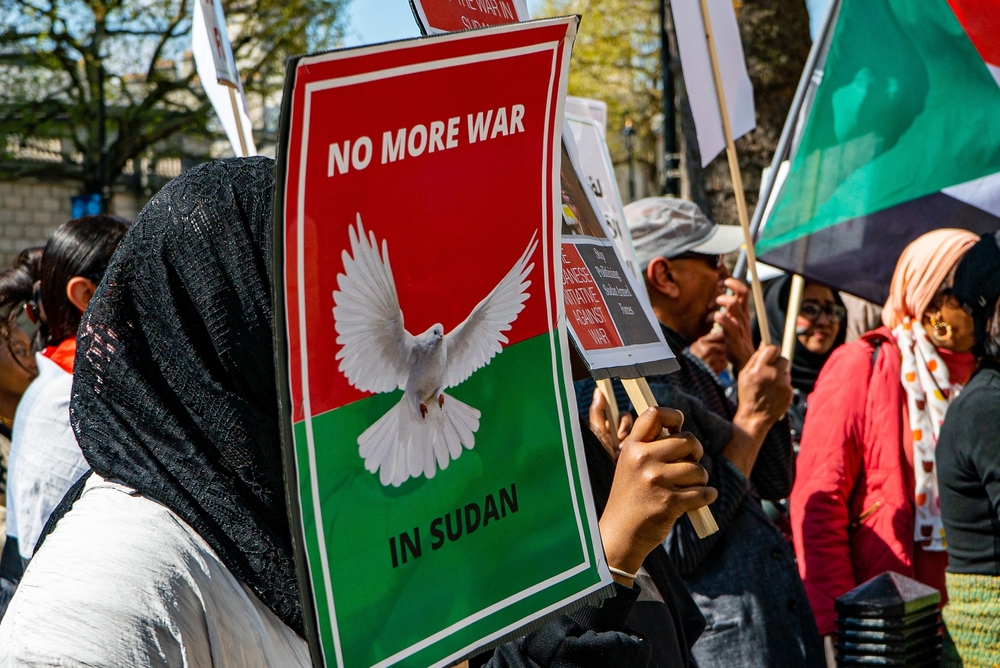Today marks the 100th day of conflict since war erupted in Sudan back in April. The conflict has already claimed hundreds of lives, displaced millions more and incited ethnic hostility.
War erupted in Sudan’s capital, Khartoum, on April 15 between Sudan’s army and the paramilitary Rapid Response Forces (RSF). A timeline provided by Reuters explains that before this day, there were “weeks of tensions building over a plan to hand power to civilians, heavy fighting erupts in Khartoum and clashes are reported in several other cities.”
The tensions were between the two generals, Gen. Abdel-Fattah Burhan (leader of the Sudanese Armed Forces) and Gen. Mohammed Hamdan Dagalo (head of RSF), who is commonly known as Hemedti. Hemedti, Burhan and their troops were increasingly at odds with each other over power negotiations. Communication seemingly was lacking as people have been accused of being deceitful reportedly on both sides.
Burhan and Hemedti used to work as a team however. Back in 2021 they had staged a military coup to take over government power after the country’s previous dictator, Omar al-Bashir al-Bashir was exiled in 2019. During his term, Al-Bashir was the head of both military forces. An article by ABC News cites that “after overthrowing al-Bashir and carrying out a coup, Burhan became Sudan’s de facto ruler with Hemedti as his right-hand man.”
So what exactly is the tension?
With the two forces led by separate men in recent years, the unity between the two broke up. They found different allies, sources of income and established different foreign and domestic policies.
When the topic of integrating the two forces became a head of discussion over the “framework” of Sudan’s democratic efforts, disagreements arose. Hemedti felt that the integration of RSF into Sudan’s army should have a 10-year timespan, whereas Burhan’s team believed in shortening the process to two years. This issue has caused disputes over control.
“This is what makes both generals feel like this is now an existential conflict for them: If they don’t get rid of the other, then the other can supersede them,” said Kholood Khair, the founding director of Confluence Advisory, in an interview with Axios. Confluence Advisory is a political and economic “think-and-do tank” in Khartoum.
It is unknown who fired the first shots on April 15, but it is apparent that both sides witnessed each other preparing for war. Air and ground strikes continue to riddle Khartoum as well as neighboring cities, wreaking havoc on civilians.
A (minuscule) effort for peace
Earlier in this three-month conflict, the United States, Saudi Arabia and other countries in the UN discussed initiating and enforcing a peace treaty. These efforts however quickly fell apart.
Egypt, a primary ally to Burhan’s army, has since been the center for discussions on peace negotiations. While both sides are reportedly willing to discuss peace, there is still hesitancy, distrust and power-hunger.








